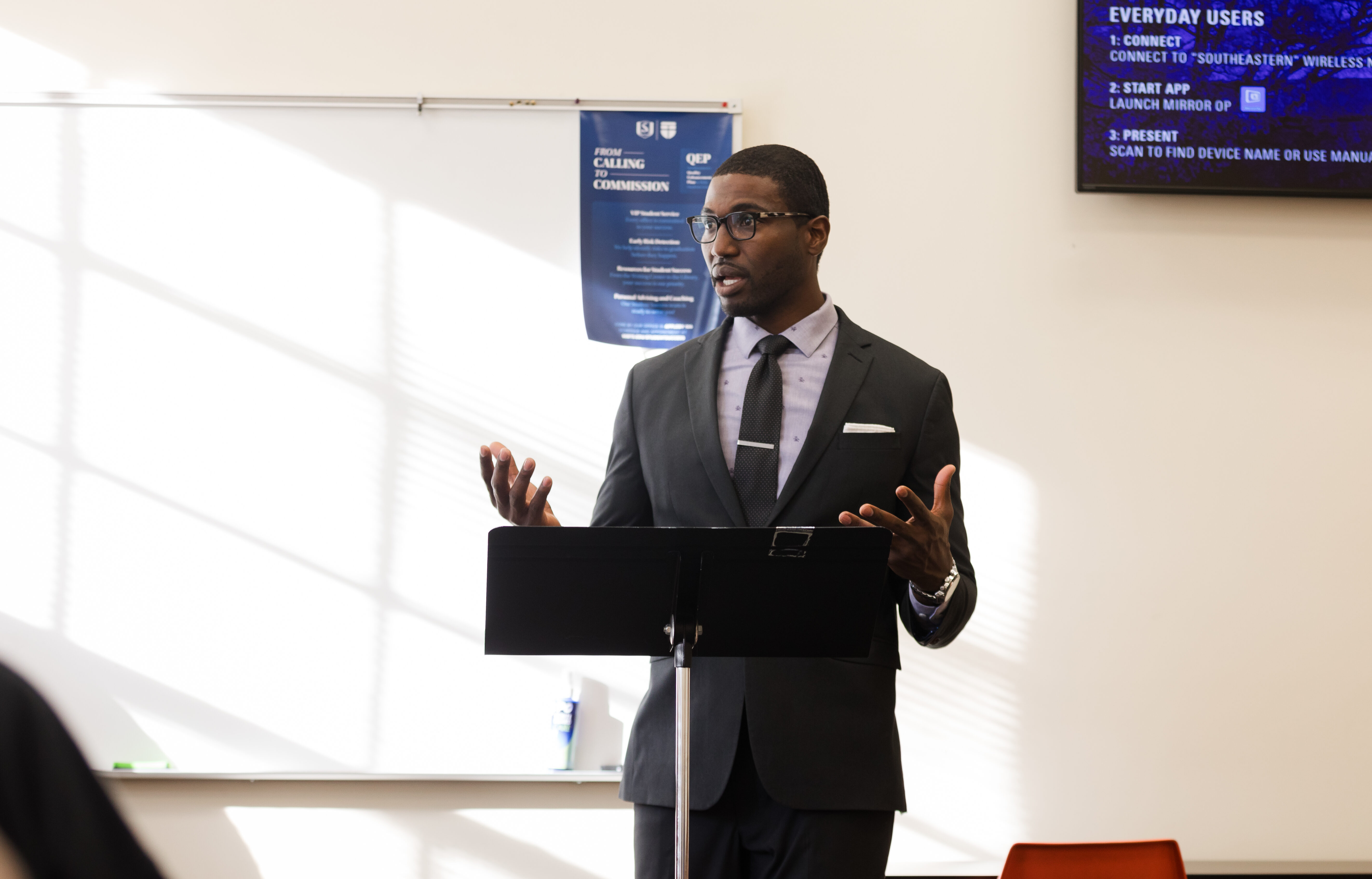Kingdom Work Requires Neighbor Love
The first movie revolves around the rivalry of Woody and Buzz as they fight for the top position in Andy’s room and in his heart (Andy is the boy in Toy Story, not the author of this article). The tension grows as the pair ends up in the torturous hands of their kid neighbor, Sid. As the movie grows to the climax, Woody escapes Sid’s clutches, but Buzz gets stuck in the fence. In that split second, Woody must decide: does he abandon Buzz, capitalizing on the moment over his rival, or does he save Buzz, jeopardizing his reunion with Andy? As Woody turns back to help Buzz, we see how Woody’s understanding of life in Andy’s kingdom has changed. Woody no longer views Buzz as a threat who will take away the gaze of his master. Woody sees Buzz as a friend and neighbor who also belongs to the master.
In our work, we can see colleagues as rivals and threats, but God sees them as his creation. If our co-workers stumble or struggle, the world would instruct us to climb up by pushing them down. Jesus teaches us to reach down as an opportunity to help. Helping a co-worker or accepting help from a co-worker does not hurt my position in the organization. It helps the work get done. It helps the organization advance. It covers their shame and gracious honors them. So, be like Woody and help your neighbors at work.
Service Over Status
Woody and Buzz return to the second movie only for Woody to suffer a rip in his shoulder. The stitching that holds his arm together rips as Andy plays with his toys. Woody fears his usefulness is over. Woody tries to press on as the lead toy in Andy’s room, broken as he is. He once again finds himself separated from Andy, as the villain, Al, steals Woody. But this time, Woody does not end up in danger of being destroyed. He meets toys that all came from his origin as a television hero—seemingly with whom he belongs. Woody gets a professional makeover, fixing his shoulder, and an oh-so-satisfying, yet haunting, paint over his master’s name, a challenge to his very identity. The threat in his new station in life comes from prominence and stature.
Woody and the Round-Up Gang are headed to Japan to be in a place of honor at the toy museum. They will be glorified forever as rare toys. Woody, the rarest of them all, will be the crown jewel of the exhibit. Woody simply has to give up his place in Andy’s room to achieve status as an icon.
Even as his new friends warn that Andy will grow up and abandon him, Woody says, “he wouldn’t miss it for the world.” Woody chooses service to the master that he loves over status in the world. Woody reminds us that we do not work for fame or renown in this world. We work “as for the Lord” (Colossians 3:23), not for status, fame, or prominence. And should we achieve that along the way, work must remain about serving the Lord over status in the world.
The team at Pixar created Toy Story, not setting out to teach anyone how to work for God, yet the nature of a master-to-subject relationship—or in this case a child-to-toy relationship—can give insights and applications for what it means to live under a greater being. For Woody and Buzz, nothing is greater than experiencing the hand of the master guiding them through his world. They take their work as toys seriously because they love their master. In the same way, we take our work seriously, not to please a boss or get a paycheck, but to love our Lord.





No comments have been added.